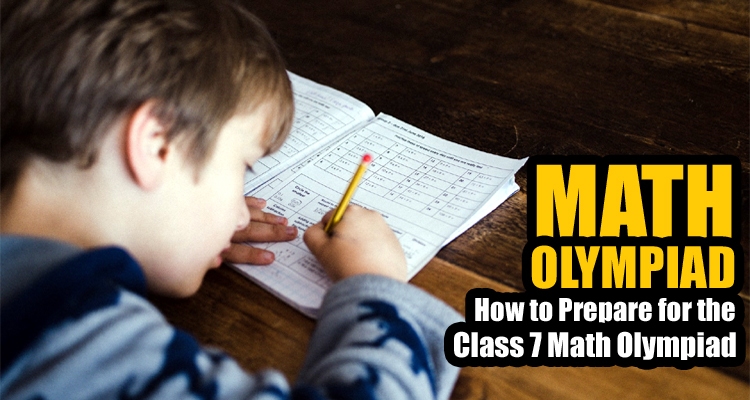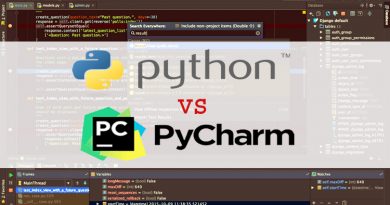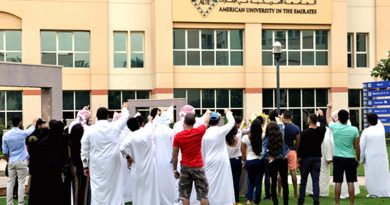How to Prepare for the Class 7 Math Olympiad
A math Olympiad is a Multiple-choice question (MCQ) based test that recognizes and encourages student minds to express their mathematical creativity and develop the ability to think outside the box.
Math Olympiads are organized by various conducting bodies including Science Olympiad Foundation (SOF).
Also Read: Online Tools to Score High Marks in Class 9
Why should you prepare for the Math Olympiad?
Math Olympiads are a way for students to explore the subject in a way that is unique to them. Preparation for the math Olympiad helps to master the subject and become comfortable with it. The variety of questions practised helps the students on how to approach different questions or how they approach the same questions using different methods. This valuable lesson helps in practical lives where day to day life problems are to be dealt with and you will always find a way to conquer the problems.
Math Olympiad requires you to practice a variety of questions which helps to build your mental ability and increases your aptitude by many folds. It requires you to sit for long hours and thus helps build your concentration levels and develop high order thinking skills.
Also Read: 7 Ways to Make Class 5 Maths Fun for Students
How to prepare for the Math Olympiad?
Preparing for any exam requires equal proportions of hard work and smart work. It requires discipline and perseverance to learn and pass the exam with flying colours.
Here are a few tips and tricks of the trade for you to prepare well for the exam and make appropriate plans:
1. Understand the syllabus
This might seem pretty obvious but this is where the smart work starts. The syllabus is vast and this is where you segregate your syllabus into easy, medium and difficult, according to your understanding after going through the topics. This will help you to do time management and approach the syllabus in a more objective way.
2. Study the exam pattern
Each exam is unique and needs different strategies to prepare for it. For the math Olympiad, in-depth knowledge and clear concepts of each topic is required with speed and accuracy. This could only be achieved with practice and sitting in timed sessions to improve speed and accuracy.
3. Consult a teacher
Expert advice is always welcome to give you a head start and point you in the right direction. The teacher will help you to understand your strengths and your weaknesses and for you to know where to work on.
4. The Time tables
To cover such a vast syllabus in a limited time, a proper strategy needs to be in place which is possible only after making a perfect timetable. First, start off with a rough one making rough estimates and then perfecting it over time.
Make the timetable goal-based and not task-based. The timetable shouldn’t contain hourly information, rather your goals for the day. It should be practical enough for you to achieve it. The goals should be well organized and well thought out to avoid any time waste or disappointment in later stages.
This timetable should be inclusive of your study, sleep, eat and relaxing time so that you don’t feel burned out.
5. Wise men, wise internet
The Internet can be your best friend or your worst enemy. The Internet is filled with resources as much as it is filled with distractions. Now, it is the time to showcase your willpower and use the internet wisely and judiciously.
Use YouTube to watch online lectures, Olympiad official websites to practice sample papers and questions, Quora to read about people’s experiences regarding the same.
6. The Booklist
Making a booklist is as important as covering the syllabus. After exploring various books, make a detailed booklist for each topic and stick to it. This requires you to completely trust the resources and overcome your fear of missing out (the FOMO).
Referring to different resources lead to utter confusion and will cloud your judgement in the exams. Different books have different approaches and thus you need to find your perfect match and stick to it to avoid clutter.
7. Practice Practice Practice
Math is an objective subject that requires you to devote more time to problem-solving and less time to reading theory.
First, you should start off with solved exams to get yourself familiar with the approach and then move on to exercise questions.
8. Making a mistake notebook
Writing all your questions that you had doubts in and made mistakes in should be written in a single notebook for you to refer to from time to time and improve on them. This will help you avoid repeating the same mistakes in the exam.
9. The sample papers
Solving sample papers in a time-bound manner will help you to get familiarized with the exam pattern, be prepared and thus reduce anxiety on the exam day.
Printing out OMRs and practising on them will help you avoid making bubbling mistakes in the exam hall and thus improving your accuracy.
Also Read: 8 Book Should be Follow for CISSP Certification Exam
Here are some suggested study techniques:
- POMODORO – this technique requires you to study in time intervals with frequent breaks to maintain your optimum brain activity. For example, it requires you to complete a 4*25-minute cycle with 3*5-minute breaks in between and then having a long break after each cycle.
- Active recall method – Active recall comprises retrieving information from memory through, basically, testing yourself at every stage of the revision process. The very act of retrieving information and statistics from our brains not only fortifies our ability to retain information but also advances connections in our brain between different concepts.
- Spaced repetition technique – Spaced repetition is a learning method by which you review learned information at steadily increasing intervals. This method uses the spacing effect (sometimes called distributed practice) which increases the recall of learned information when the learning is spaced out over time as opposed to being crammed into one learning session.
Also Read: Why use NCERT Books Class 11 Biology in Hindi
There are many ways for you to excel in this exam. You just have to find out what works for you and stay motivated throughout the process.
You can refer to IMO Maths Olympiad Previous Year Question Paper Class 8 2016.





